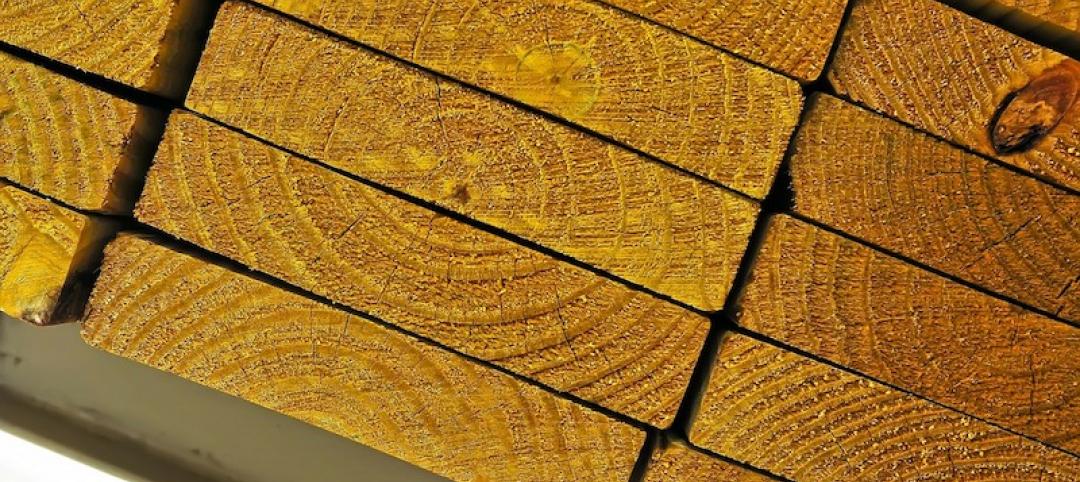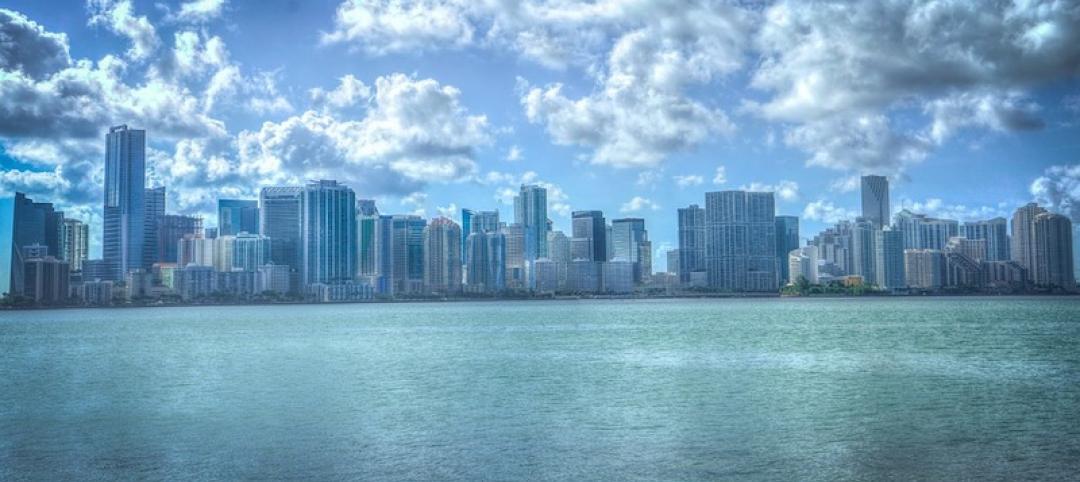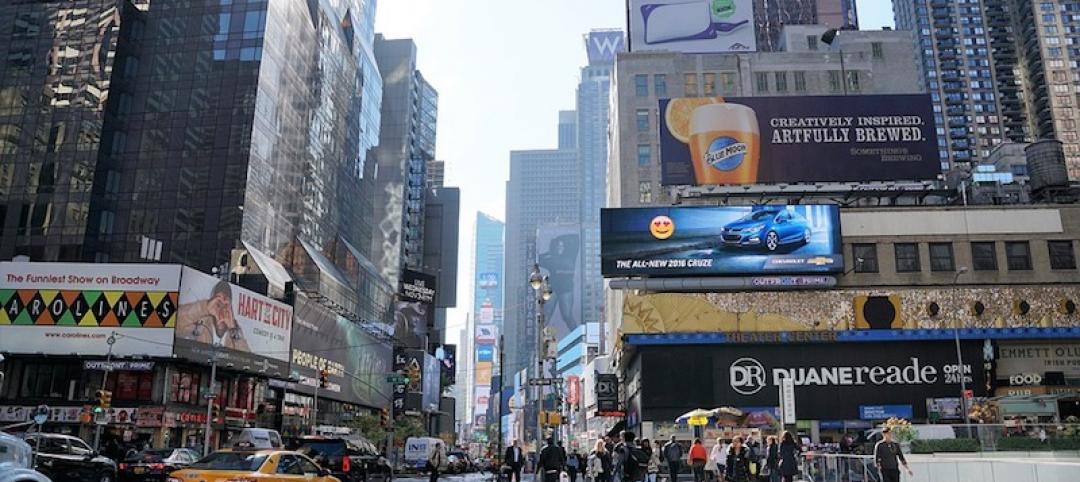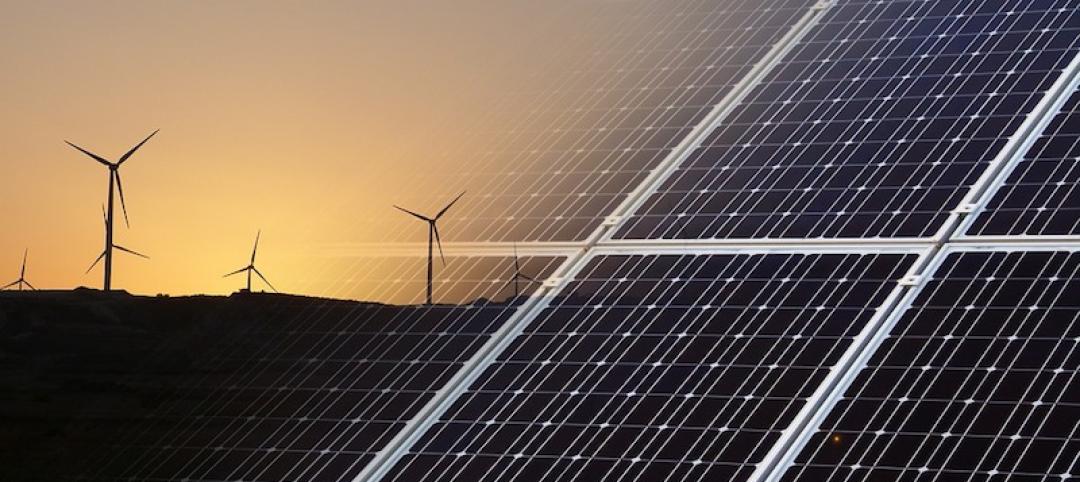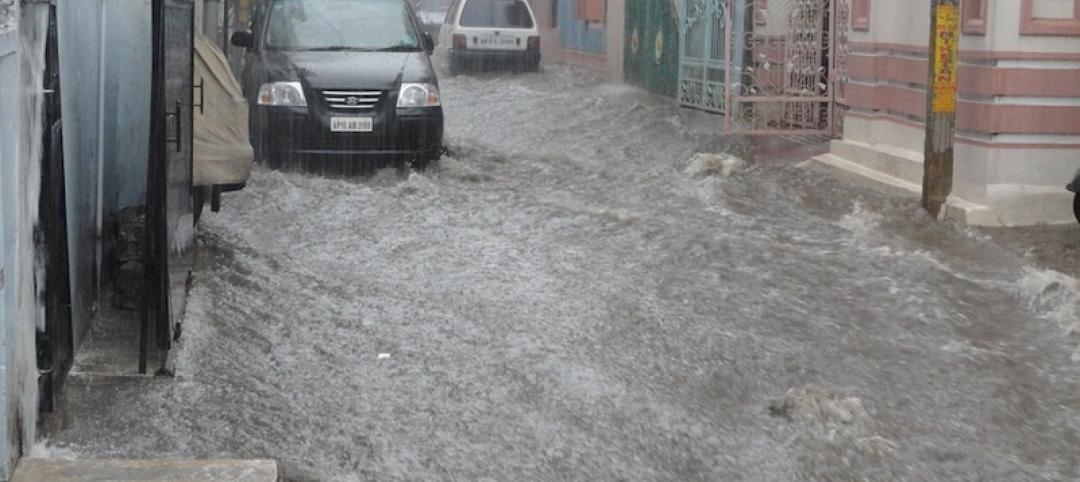According to the International Energy Agency (IEA), buildings and the construction sector combined are responsible for nearly 40% of total direct and indirect CO2 emissions.
Emerging technologies are making it possible to mitigate that impact by turning buildings into power plants, a concept called building-integrated solar power (BIPV). Rack-mounted PV arrays on rooftops are the most common way to generate solar power on buildings, but this solution has some drawbacks.
Some consider rack-mounted PVs as eyesores, particularly when considered for historic buildings. This can be a barrier to wider adoption in urban architecture.
Other options including monocrystalline solar panels, dye-sensitized solar cells, and perovskites make it possible to alter the color of solar power generating cells. This makes them more attractive than conventional PVs and suitable for use on facades and walls. In some formulations, these materials can be made semi-transparent so that they can be used for fenestration.
Related Stories
Codes and Standards | Sep 21, 2018
More than 130 organizations petition OSHA to create heat protection standard for workers
Includes mandatory rest breaks, heat-exposure monitoring, record-keeping injury requirement.
Codes and Standards | Sep 20, 2018
North Carolina law banning use of recent climate science could worsen Hurricane Florence impact
Policies may have undermined ability to make coastal regions more resilient.
Codes and Standards | Sep 19, 2018
AIA endorses building owner participation in cap-and-trade programs
Would spur more energy conservation in buildings and cut carbon emissions.
Codes and Standards | Sep 18, 2018
ConsensusDocs Coalition publishes new Lean Addendum
Industry-first document to facilitate lean tools without need to sign multi-party IPD agreement.
Codes and Standards | Sep 14, 2018
IAPMO seeks comments on proposals for 2021 plumbing and mechanical codes
Deadline is Jan. 3, 2019.
Codes and Standards | Sep 13, 2018
As ICC prepares to vote on codes for tall wood buildings, opposition is still strong
Influential body will vote in October on new provisions to allow 18-story wood-framed structures.
Codes and Standards | Sep 12, 2018
Saltwater incursion into Miami’s aquifer may make city uninhabitable later this century
Rising sea levels likely to claim drinking water before land is under water.
Codes and Standards | Sep 11, 2018
Smart Surfaces Coalition will help cities reduce urban heat island effect
Surfaces can reflect away heat and help prevent flooding.
Codes and Standards | Sep 7, 2018
Certified Green Buildings may have an advantage in capital markets
Research supports financial case for certification.
Codes and Standards | Sep 7, 2018
NIST releases report outlining steps to bolster disaster resiliency
Offers immediate occupancy building codes and performance standards strategies.








